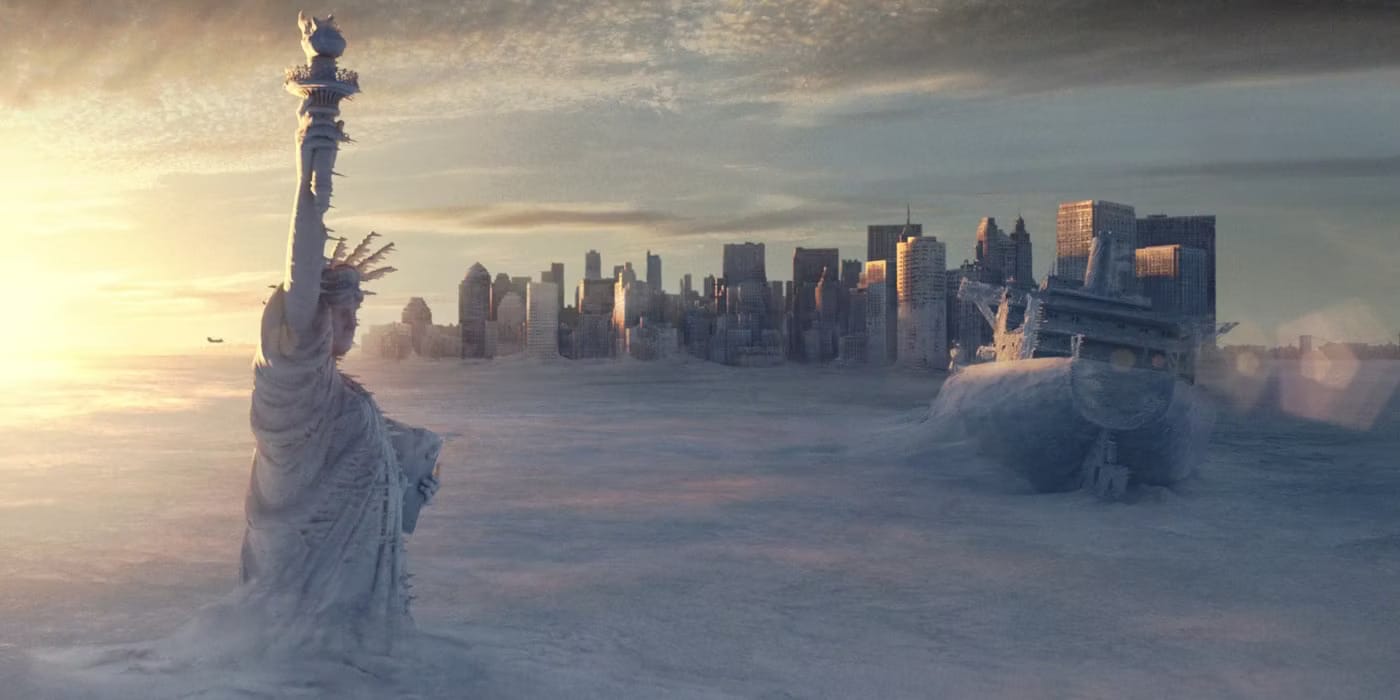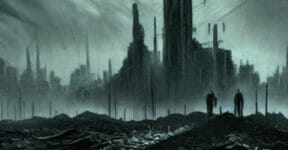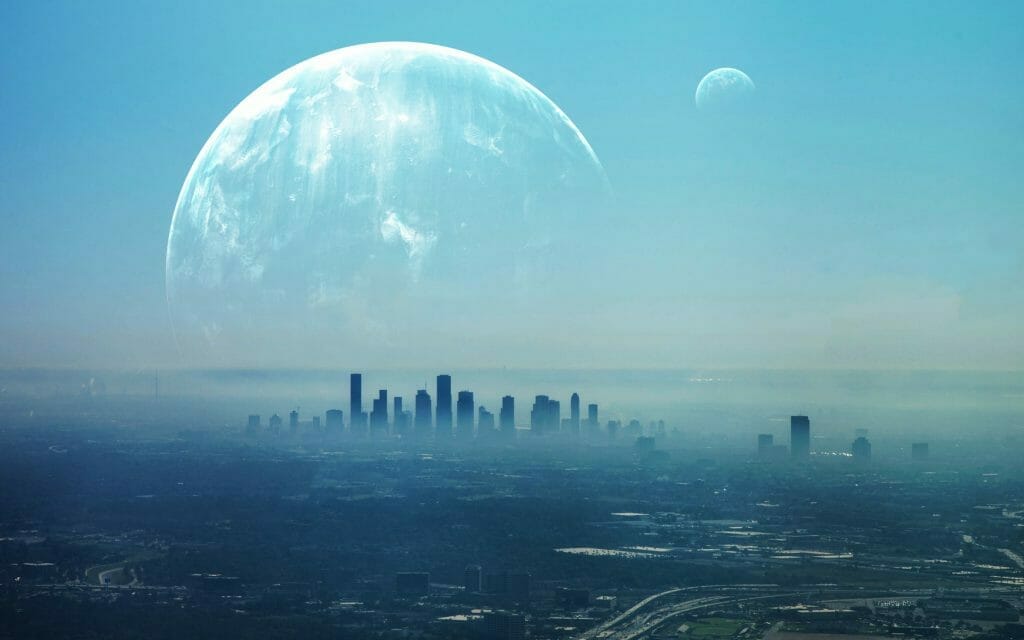By the 1930s, Hollywood had established itself as the world’s most grandiose dream factory, producing countless visions of fancifulness and glamour. At the same time, it could crank out believable nightmares as well, with grotesque horrors, terrifying giants, killer monsters, and, of course, more than just a few good apocalyptic movies. Over the decades and through the turn of the century, the film industry around the globe has given us hundreds of movies about the end of the world. Some of the best to have come out thus far – in no particular order – are as follows.
Dr. Strangelove (1964)
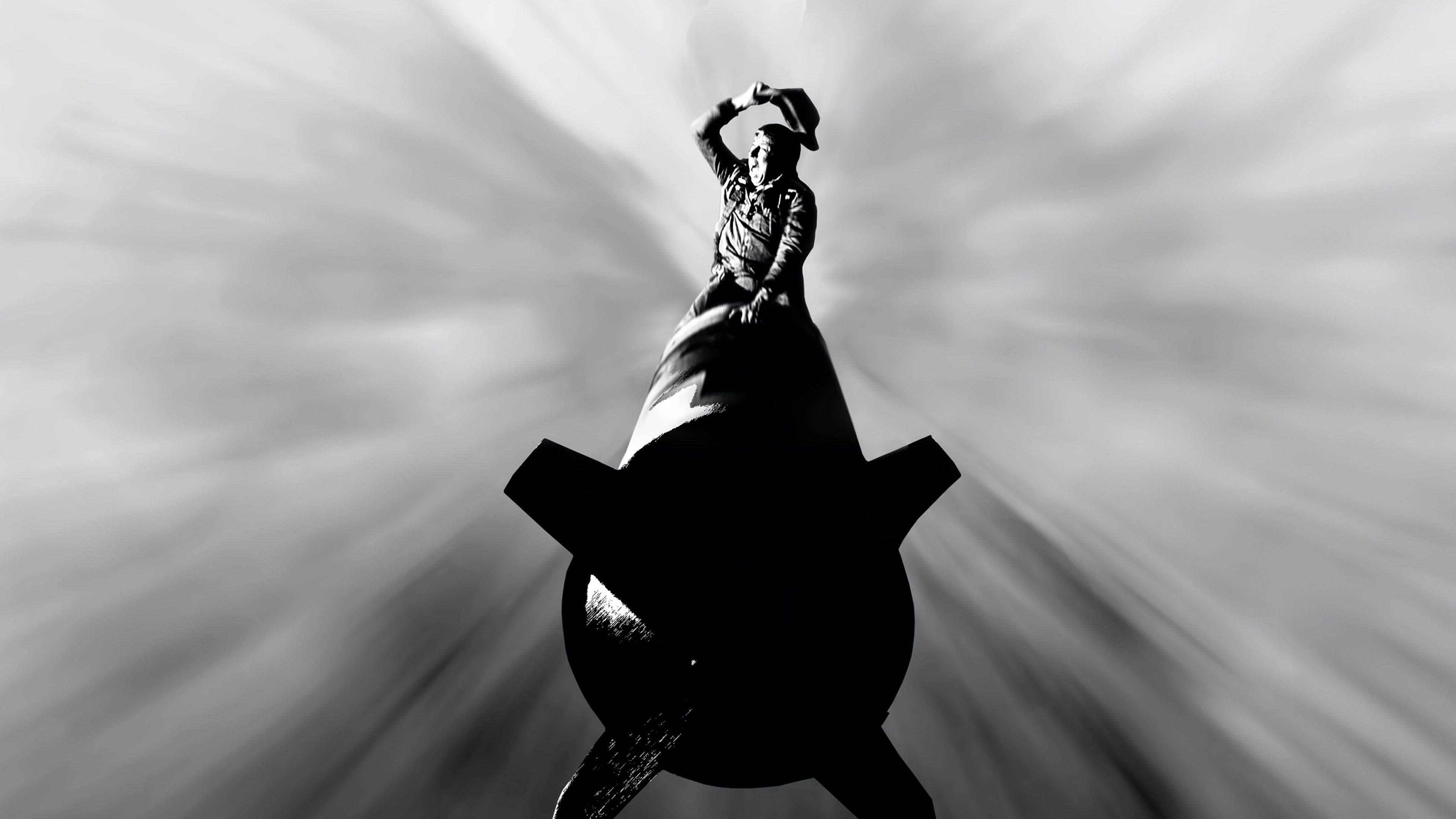
The brainchild of Stanley Kubrick and one of his cherished masterpieces, Dr. Strangelove tells the story of a nation on the brink of nuclear war. Government agencies are dispatched to deal with an impending Armageddon, whereas the paranoid General Jack D. Ripper remains fixated on the idea that the communists have tampered with Americans’ bodily fluids for sinister purposes.
The Quiet Earth (1985)
Scientist Zac Hobson is working on an experiment to build a large-scale wireless power grid. One day, he wakes up only to discover that the entire world’s population has vanished without a trace. He cannot help but wonder if the energy project is responsible for it.
When the Wind Blows (1986)
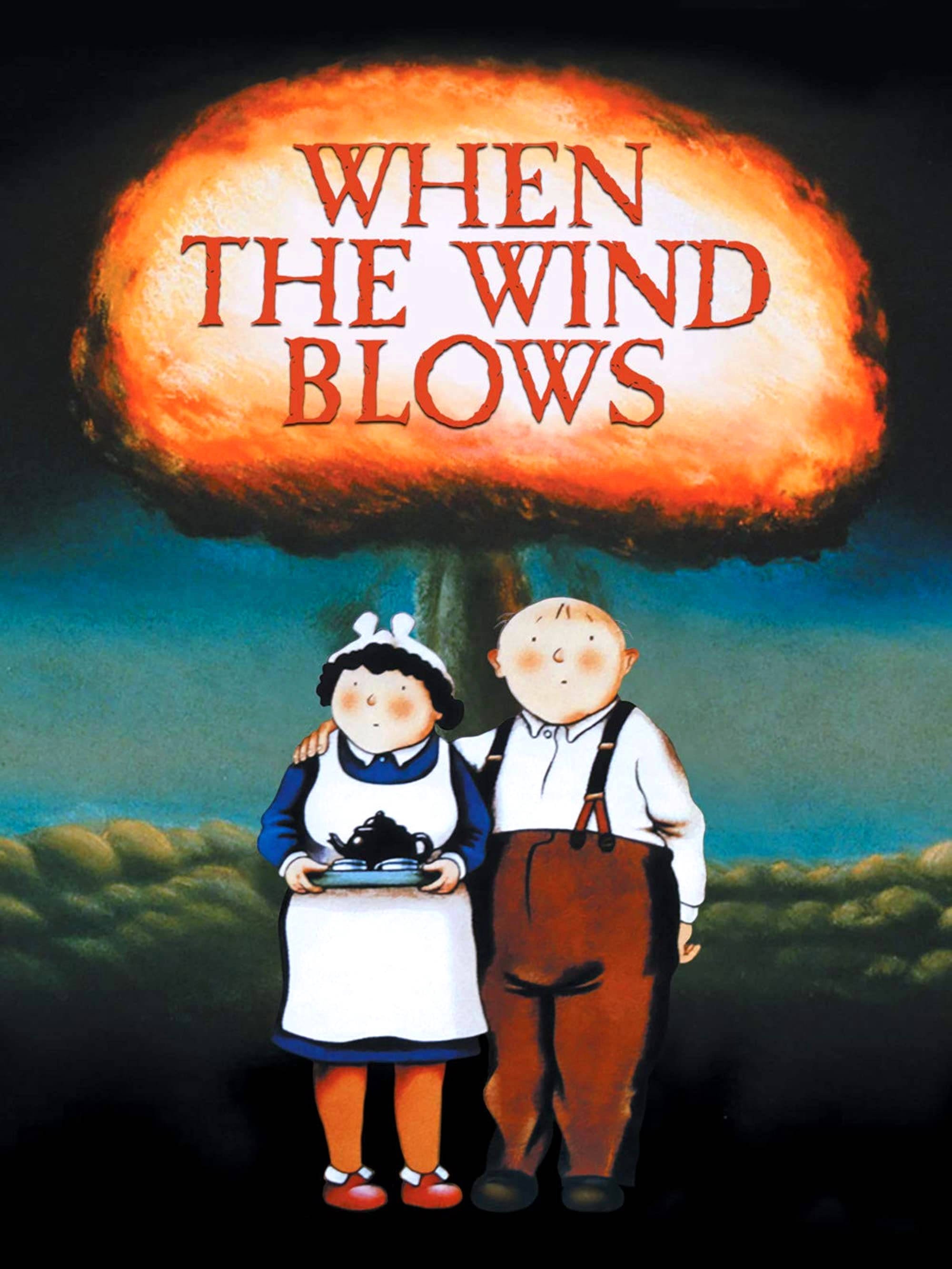
Based on Raymond Briggs’ graphic novel of the same name and directed by Jimmy Murakami, the film offers a bleak image of an inevitable nuclear war doomsday. The story is told from the perspective of an elderly couple, Jim and Hilda, to deliver one of the most heartbreaking apocalyptic movies ever. The sustaining love and unassuming courage despite a looming nuclear disaster offer a striking contrast between the moral certainties of WWII and the indiscriminate nature of Mutually Assured Destruction.
The Sacrifice (1986)
The power of Andrei Tarkovsky’s film lies in its series of profound images about an agnostic as he learns that the world is doomed to a nuclear apocalypse. He makes a deal with God that he is willing to sacrifice everything he ever loved in life if it can save the world. He wakes up in the morning and finds everything intact, which means he now has to make good on his words.
The Rapture (1991)
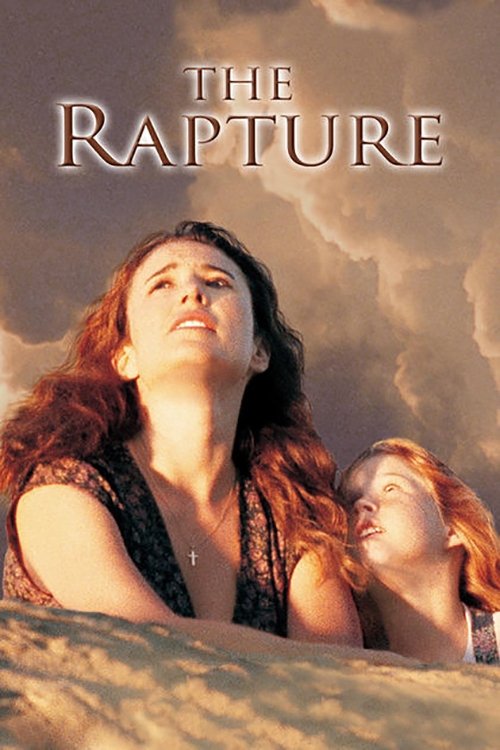
It is common knowledge that the Book of Revelation is loaded with references to large-scale catastrophes and apocalypses. Many doomsday films build their visions of the world’s end based on the book. However, no other film has taken the references quite as literally as The Rapture. The story concerns a swinger-turned-born-again Christian woman after noticing the signs of imminent Rapture. Some scenes are taken straight out of the Bible, such as darkness upon the world, the appearance of the Four Horsemen of the Apocalypse, sounds of trumpets, and the chains falling off all prisoners.
The Day After Tomorrow (2004)
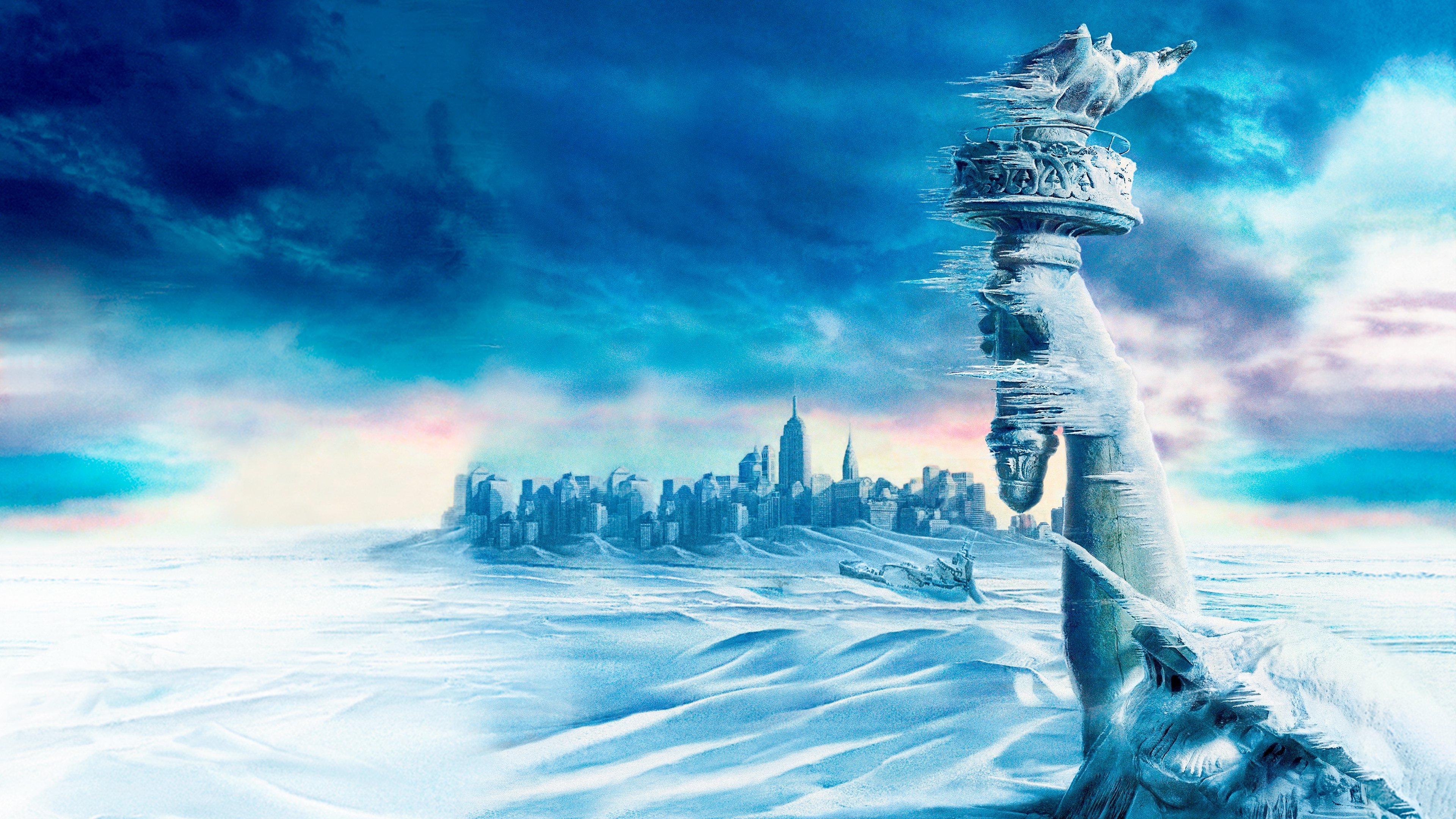
Extreme weather is finally here. In one of the best cinematic depictions of the climate crisis, a group of survivors finds shelter in the New York Public Library and tries to maintain their sanity as the world outside is slowly transforming into another Ice Age.
Children of Men (2006)
The apocalypse doesn’t come from nuclear disaster, asteroid impact, or extreme weather, but from a global pandemic that causes a worldwide infertility crisis. A miracle happens when a woman is discovered to be pregnant, carrying the promise of rejuvenation for the aging population. She must be safely escorted to a team of scientists while hiding the pregnancy through mobs of angry survivors.
Daybreakers (2009)
A plague has turned the vast majority of the population into vampires. There are only a few humans left to the point where blood becomes a highly sought-after commodity. A cure is available, but it is hard to tell whether anyone can stay alive long enough to make it work.
The Road (2009)
A man and his son take on an endless perilous journey to find a safe, warm place through a post-apocalyptic land filled with evil remnants of the world. No one knows whether the destination is mere fantasy or real. The film is based on Cormac McCarthy’s novel of the same name.
Take Shelter (2011)
A father is consumed by vivid dreams of the end of the world and channels his paranoia into an obsession with building a larger storm shelter. The problem is that he cuts ties with everyone close to him as the seemingly insane renovation project continues. Take Shelter highlights the inadequacy of today’s social infrastructure in the face of a looming disaster.
We think apocalypse has always been a prominent theme in the film industry. From the old-school 1960s to the age of information overload, filmmakers have been playing with various ideas of the end of the world because they know all along that viewers cannot resist the allure of on-screen doomsday. Even when every possible trigger has been explored, from nuclear warand climate change to pandemics and plagues, the fascination remains. It speaks to our deepest fears and greatest hopes — the end of everything we know, followed by the possibility of a new beginning.
The apocalyptic genre serves as a mirror to our collective psyche, posing questions about morality, survival, and the essence of human nature when stripped of societal norms. It challenges us to consider what we would do in the face of ultimate adversity, and perhaps more importantly, it urges us to reflect on how we can prevent such scenarios from ever becoming a reality.
In the end, the best apocalyptic movies do more than entertain. They provoke thought, stir emotion, and ignite conversation long after the credits roll. Whether it’s the cold satire of “Dr. Strangelove” or the haunting desolation of “The Road,” these films leave an indelible mark on our consciousness, reminding us of the fragile balance of our existence and the relentless ticking of the clock towards an uncertain future.
Other things you might want to know:
Why do people like apocalypse film?
The short answer would be because people enjoy the suspense and the rush of adrenaline from the fear of apocalyptic events. However, it is also possible that viewers think of apocalyptic movies as methods to deal with the anxiety of real-world despair. When the disasters are displayed on screen, albeit in an exaggerated fashion, people can process the desperation and the struggles for survivor more easily at enough distance.
Popular apocalyptic/post-apocalyptic TV shows:
- Alice in Borderland (2020-)
- The Leftovers (2014-2017)
- From (2022-)
- Silo (2023-)
- Falling Skies (2011-2015)
- Kingdom (2019-)
- All of Us Are Dead (2022-)
- Battlestar Galactica (2004-2009)
- The 100 (2014-2020)
- Yellowjackets (2021-)
- The Last of Us (2023-)
- Snowpiercer (2020-)
- Jericho (2006-2008)
- Into the Night (2020-2021)
- The Walking Dead (2010-2022)
- Station Eleven (2021-2022)
What was the first apocalyptic movie?
An early example of apocalyptic film was the aptly titled The End of the World (1916), which came out as a response to the anxiety of an impending disaster following the appearance of the Hally’s Comet in 1910.
Check out other articles by month:

